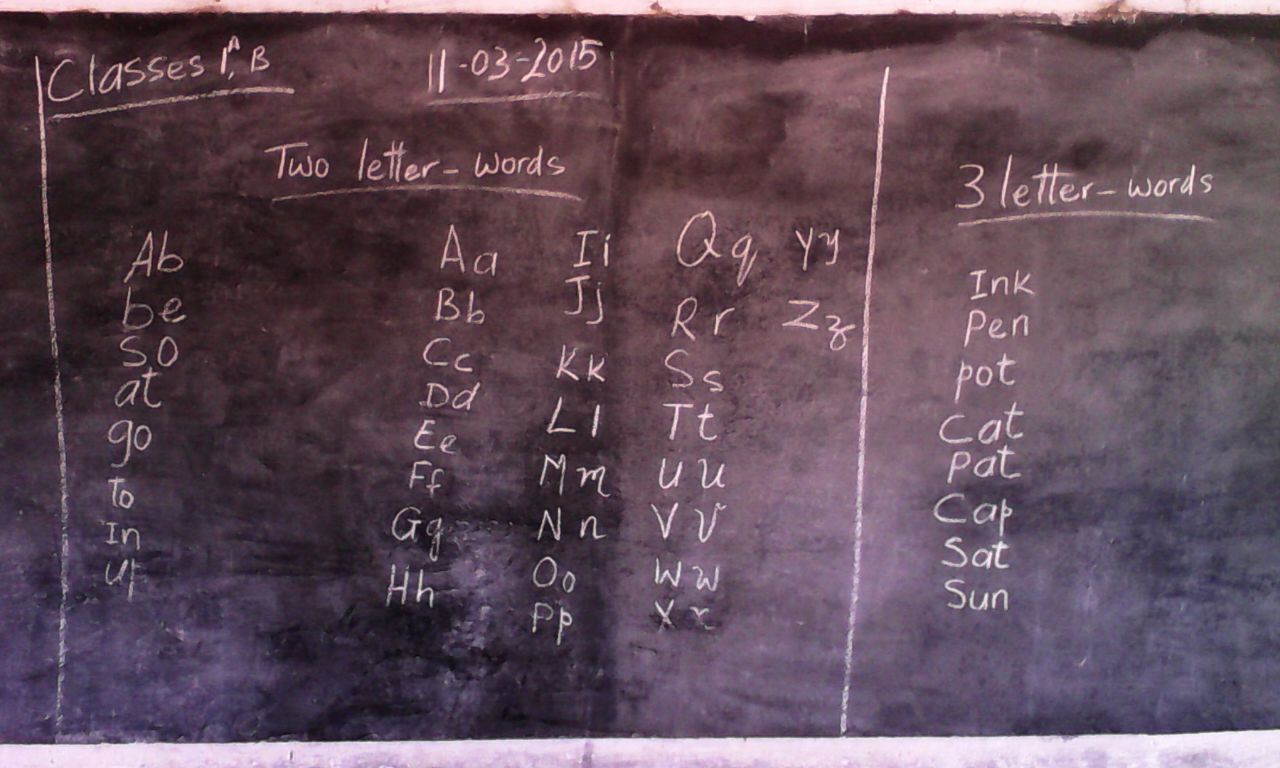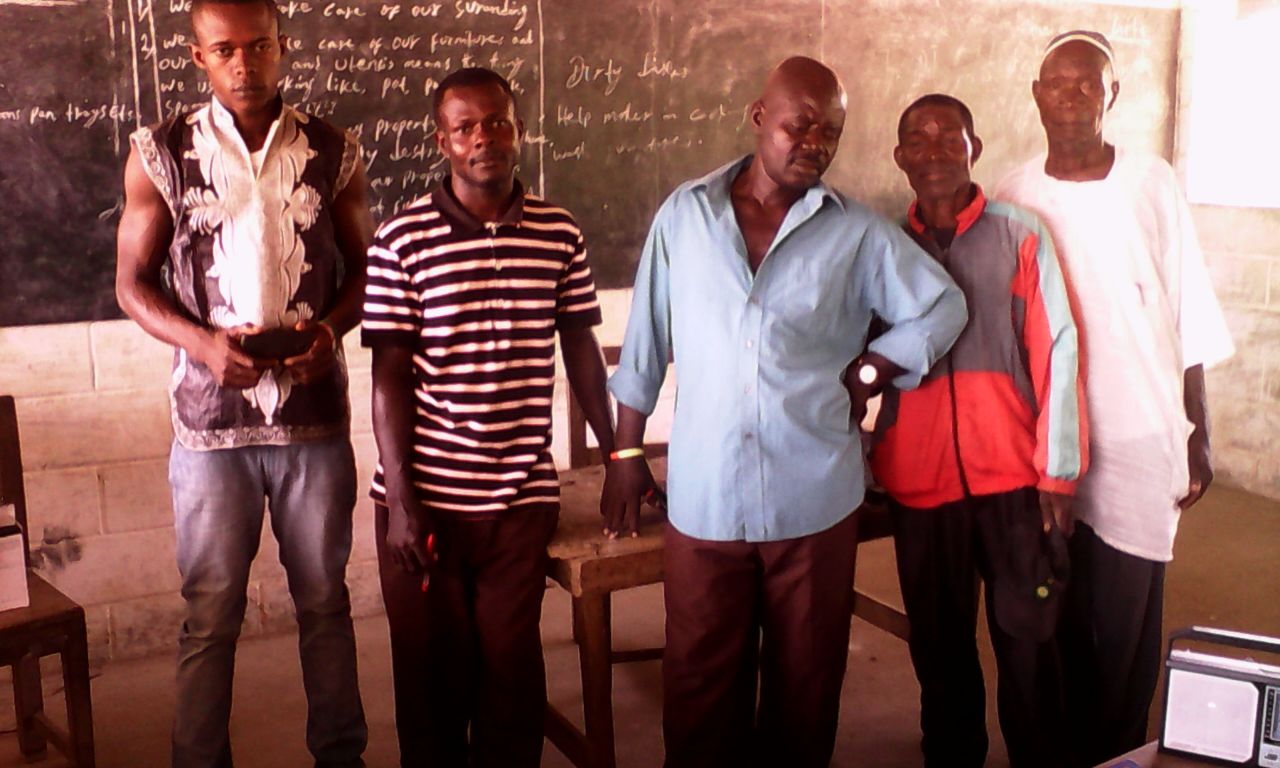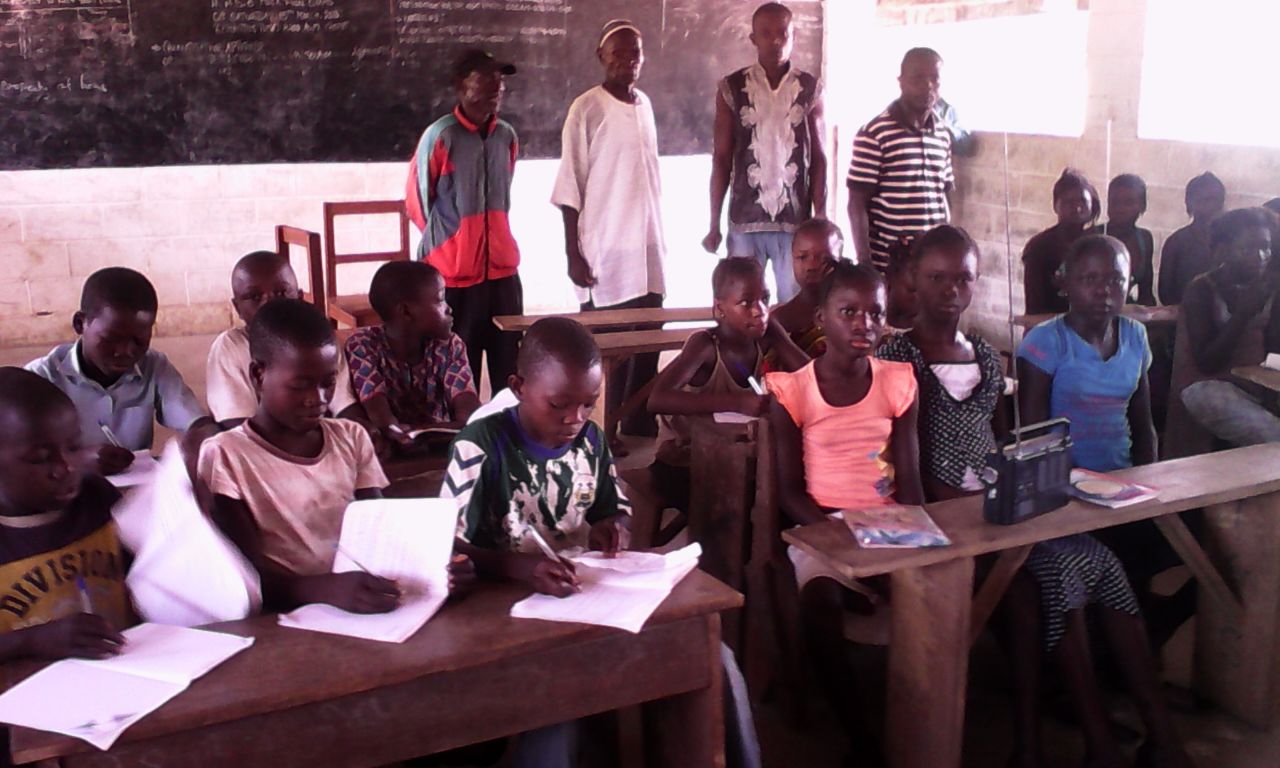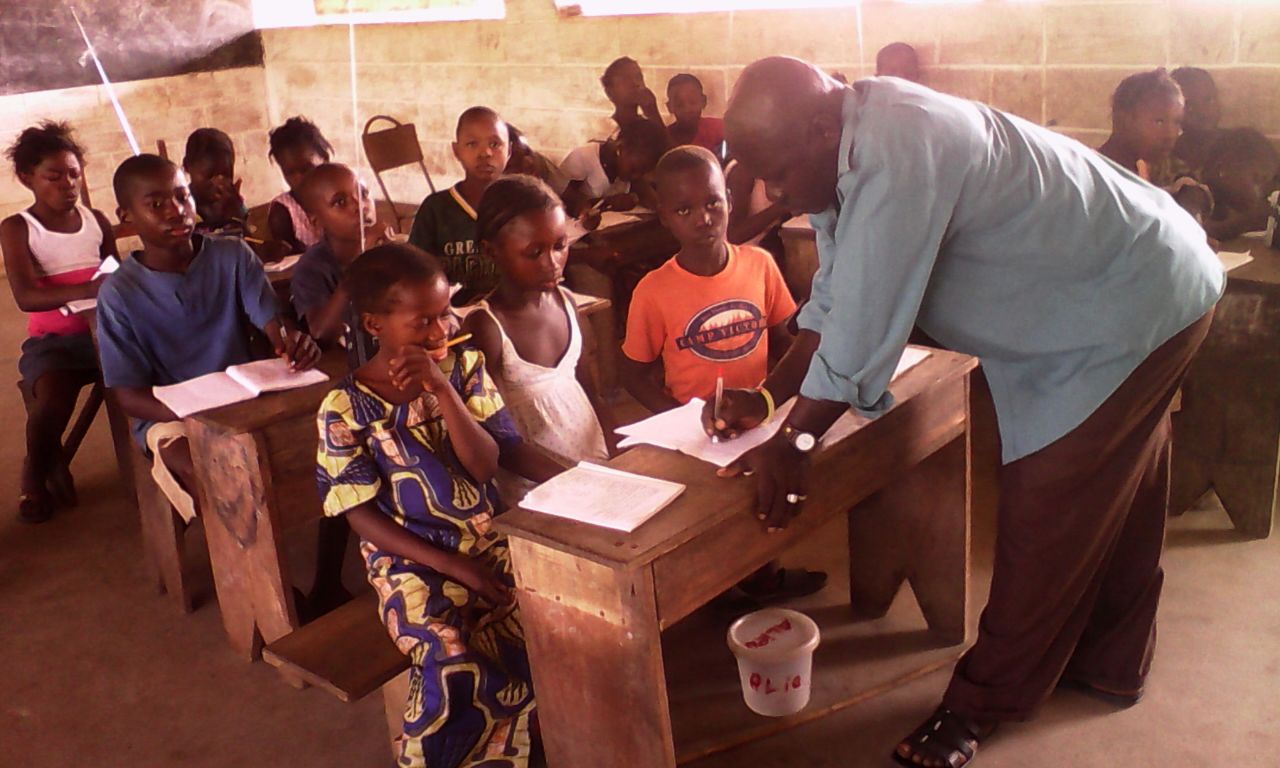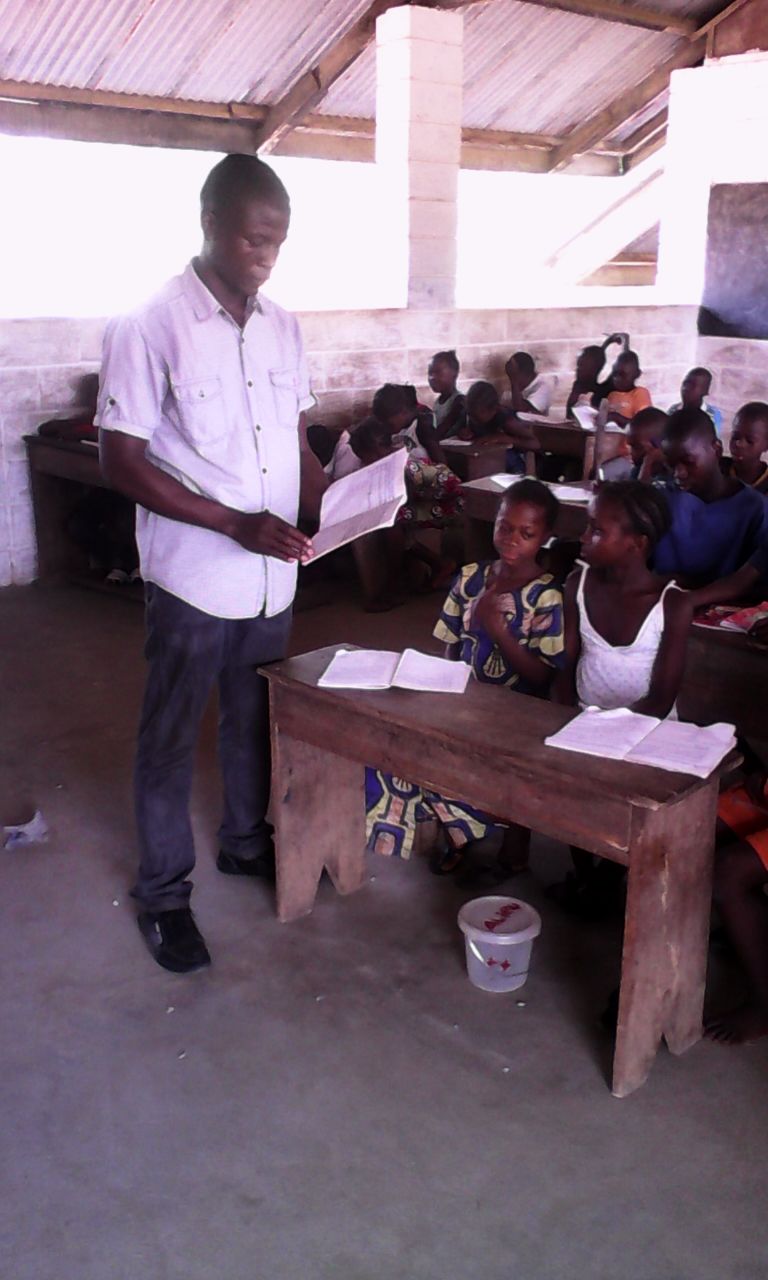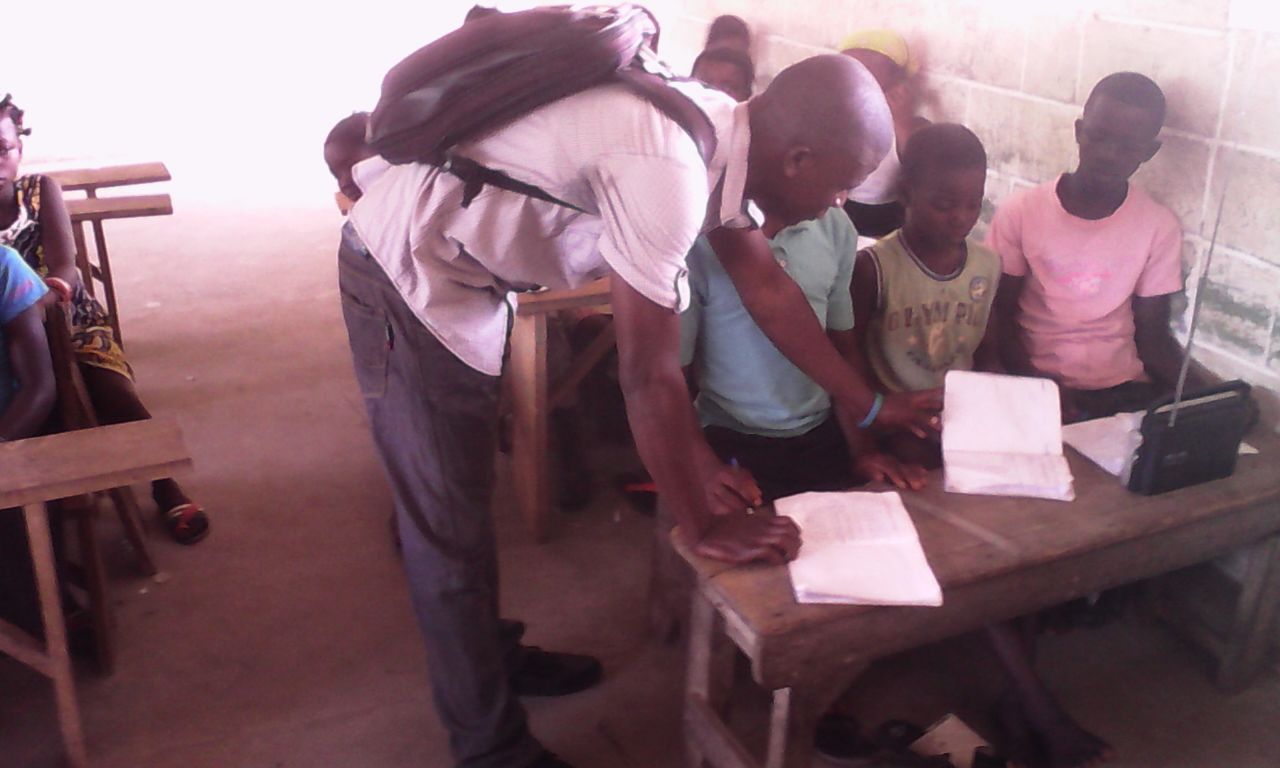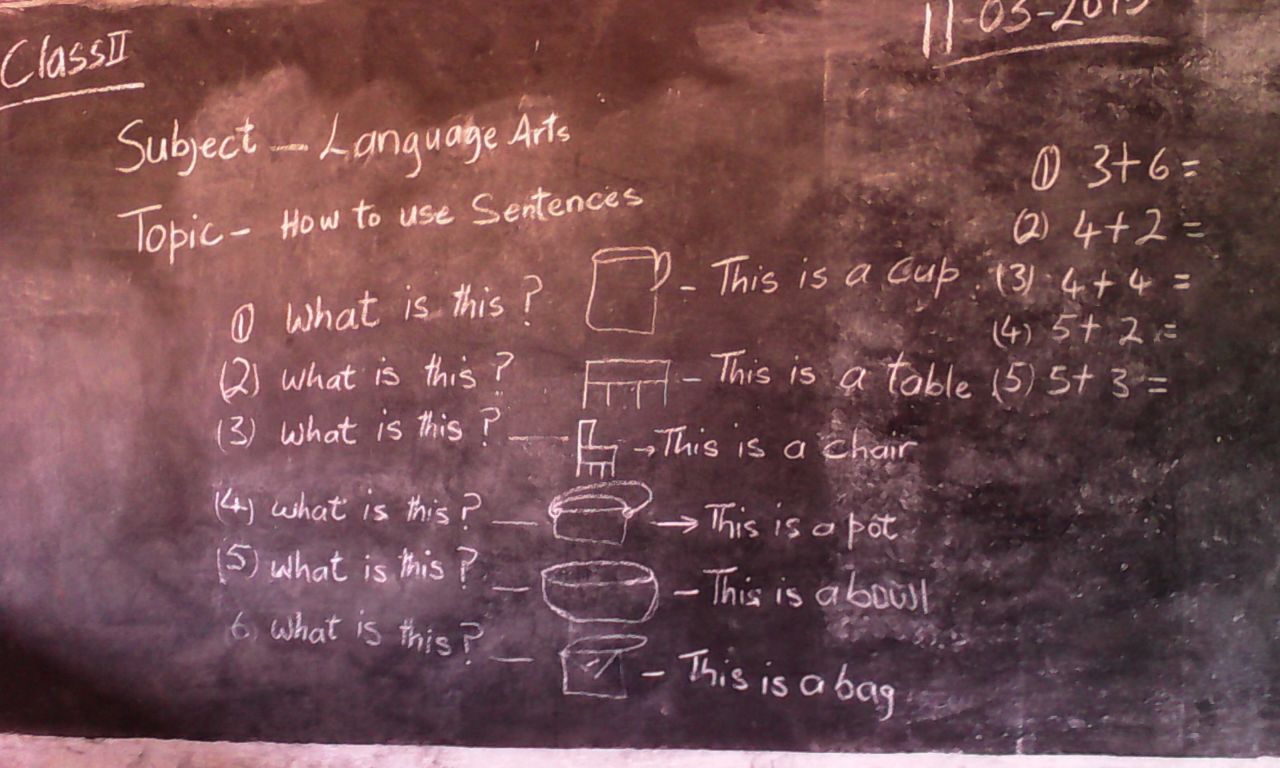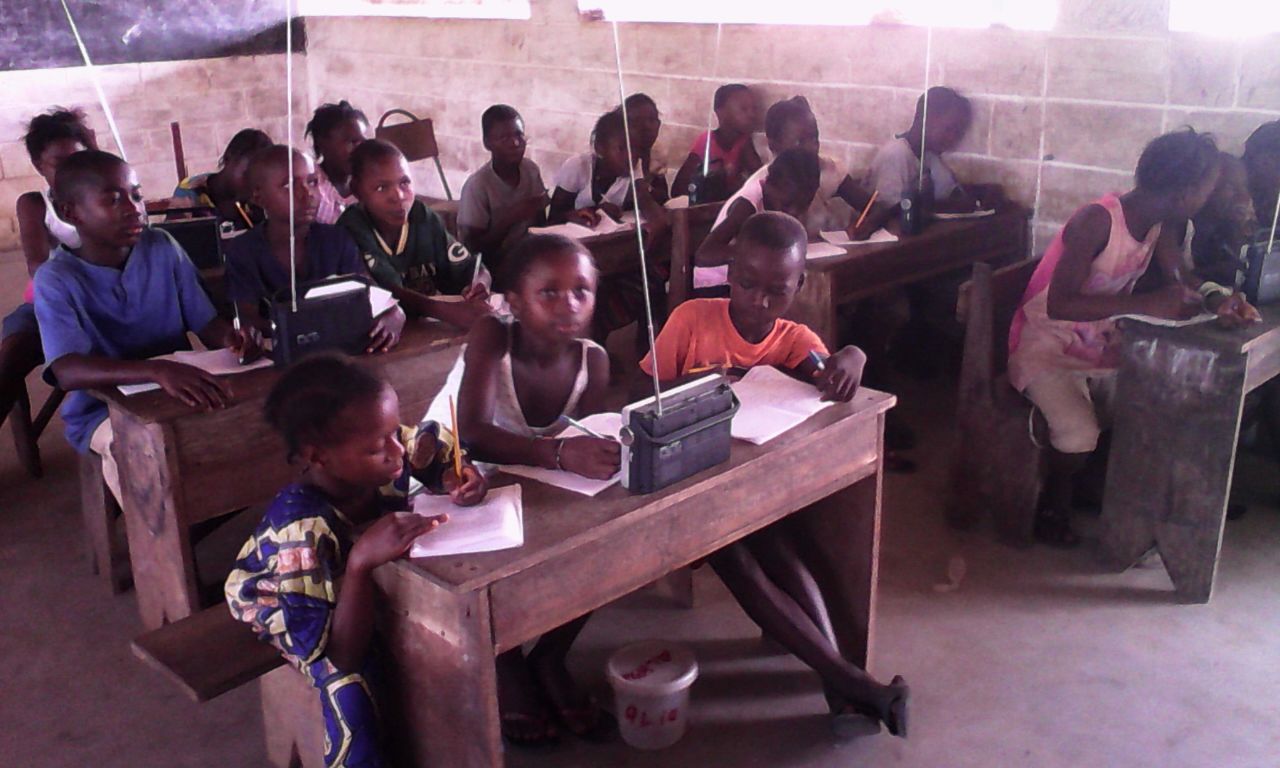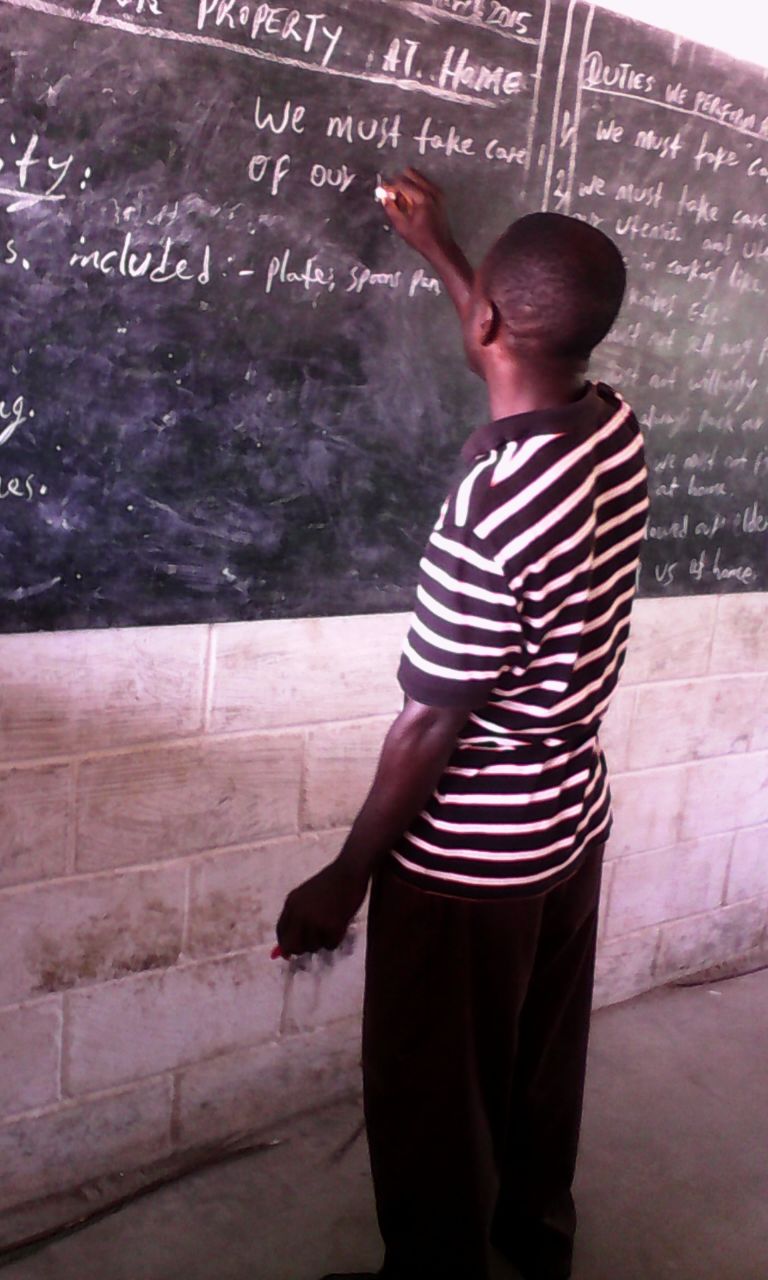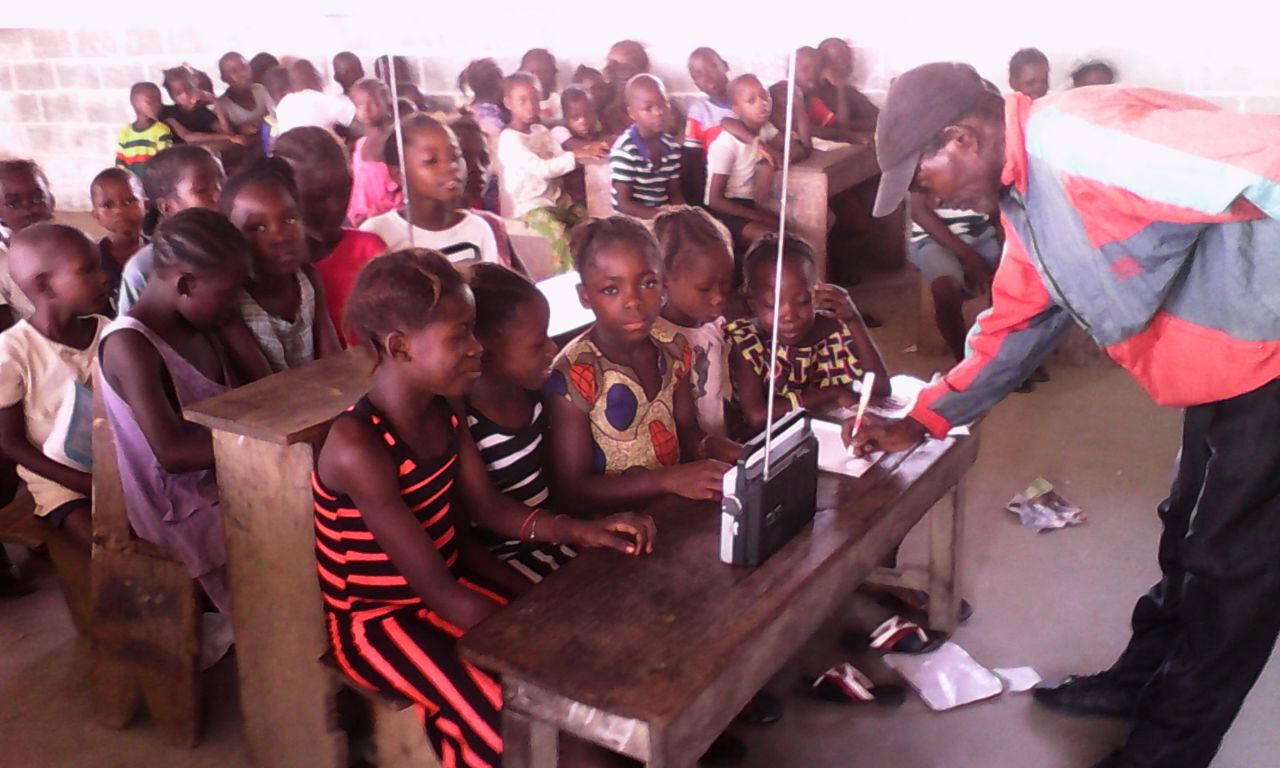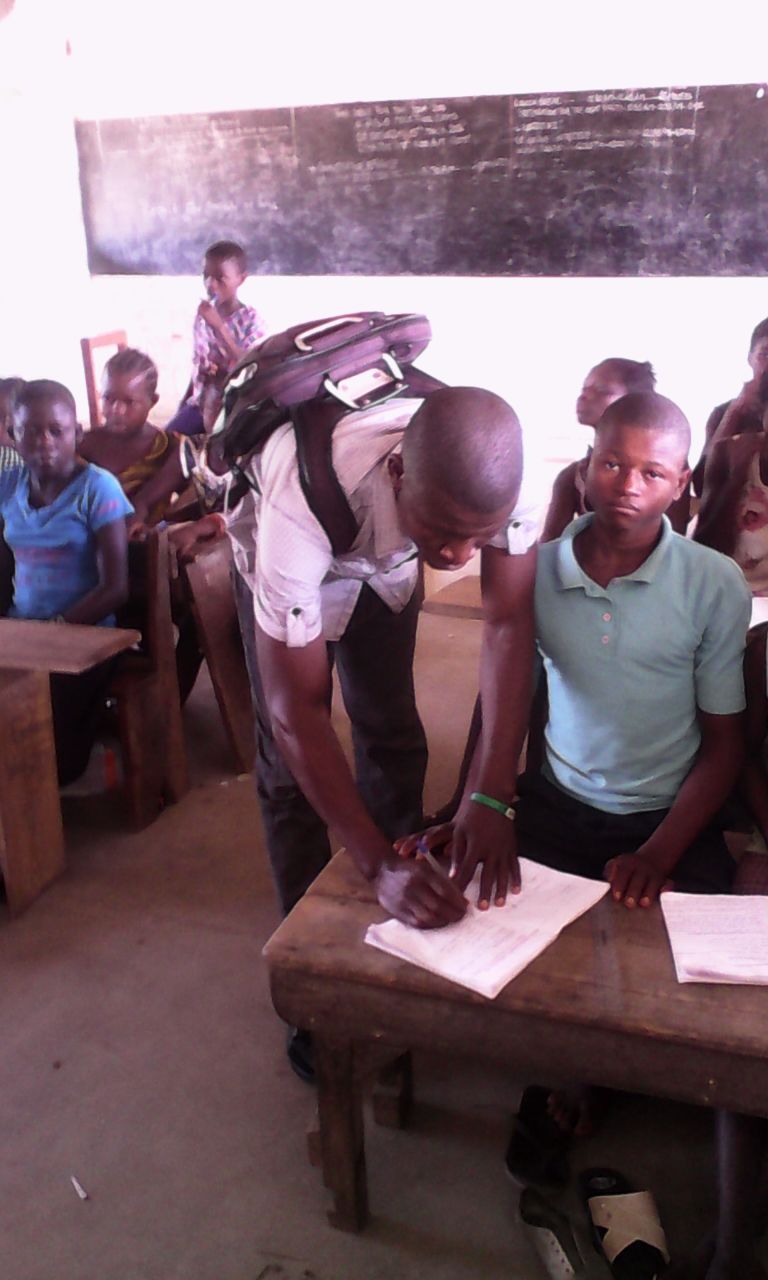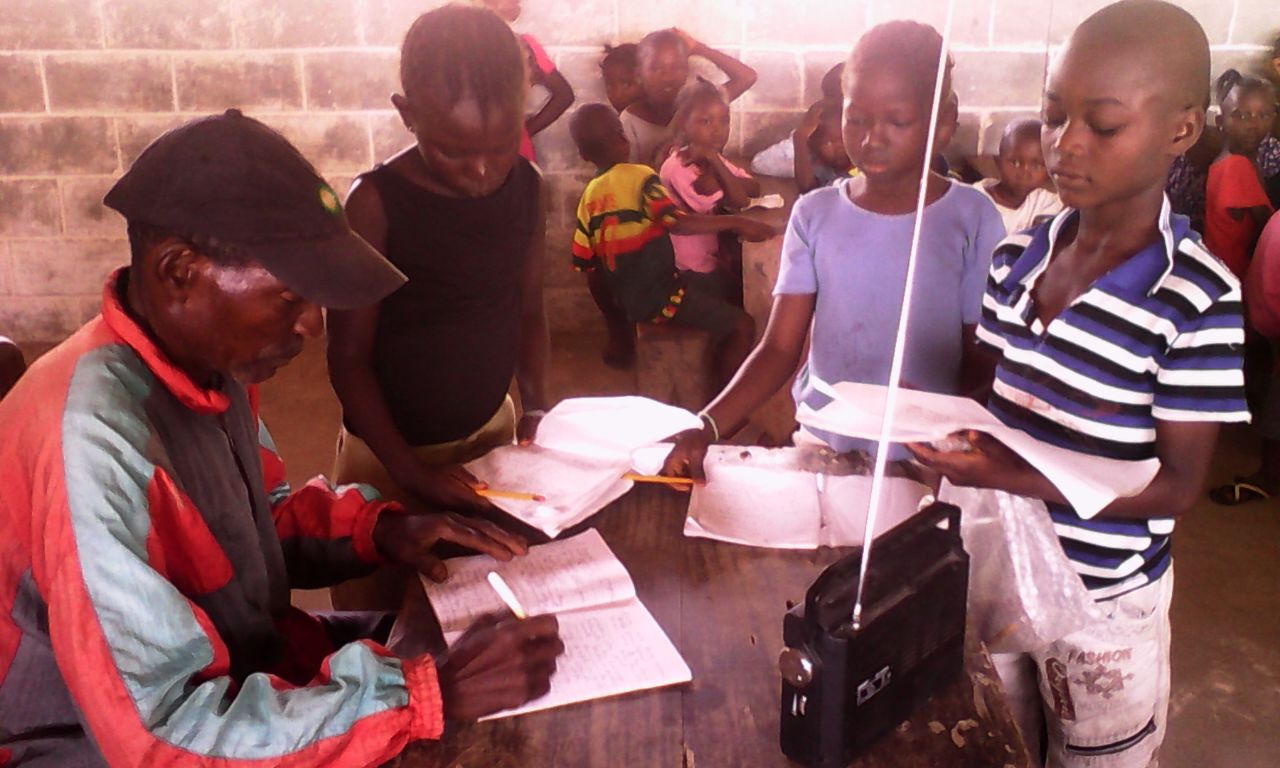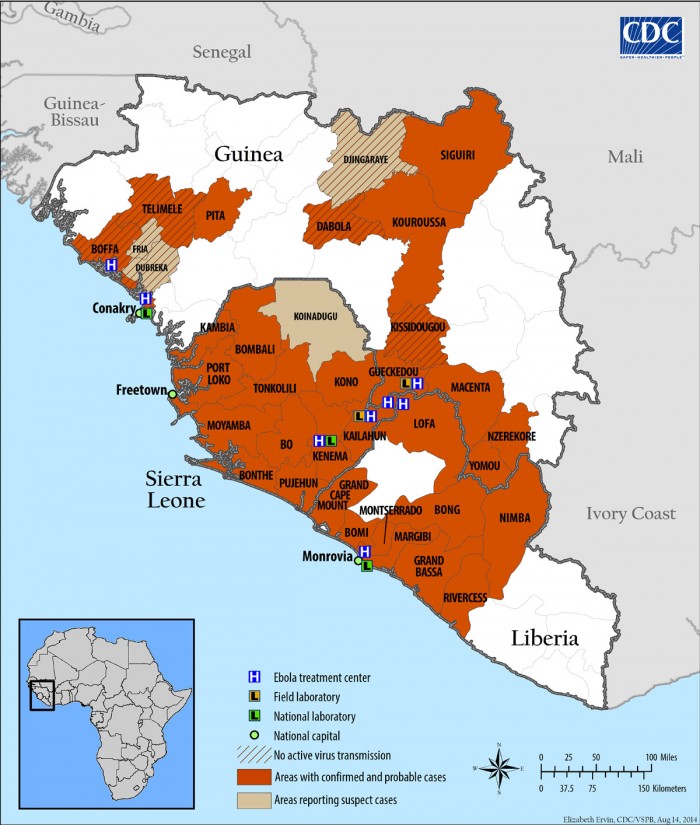A report by: Save the Children, World Vision International, Plan International and UNICEF.
"Nearly half the population of Sierra Leone is under the age of 18 years and the impact of the Ebola crisis on their lives now and on their future opportunities has been far-reaching: no school; loss of family members and friends to the virus; and changing roles and responsibilities in the home and the community.
While the priority now remains meeting the goal of zero cases, the Government of Sierra Leone (GoSL) is also developing a comprehensive strategy aimed at supporting communities to recover from this crisis, to put the country back on track to meet development targets. The Ebola Recovery Strategy – currently being finalised by the GoSL – represents a potentially transformative framework to support the immediate recovery of children from the crisis and to ensure their place in the future development of Sierra Leone.
To date, there has not been a formal process for children to outline their own priorities for recovery to decision-makers. In mid-March 2015, child-centred agencies conducted a Children’s Ebola Recovery Assessment (CERA) in nine districts across Sierra Leone to create a mechanism for more than 1,100
boys and girls, to discuss issues of concern; assess the impact of the crisis on their roles, responsibilities and future opportunities; and to formulate their recommendations for recovery.
The findings of the CERA powerfully demonstrate the diverse and inter-connected impact of the outbreak for children living through the Ebola crisis in Sierra Leone. Children identified four issues of concern:
- The impact of school closure on their learning, social interaction and protection and their desire to return to education;
- The many and varied direct impacts Ebola has had on their lives, including grief, fear and anxiety;
- Limited access to healthcare for common health problems; and
- The wider economic impact of the crisis on their families and communities, including access to food and family livelihoods.
Overwhelmingly, children viewed the closure of schools as the issue of primary concern for them and were unanimous about the potential impacts this could have on their futures opportunities. Across all nine districts, children reported a direct correlation between school closure and increases of child labour and exploitation, exposure to violence in the home and community, and teenage pregnancy. Children also described taking on new roles and responsibilities to supplement household income.
As Sierra Leone emerges from one of the most challenging crises in its history, boys and girls have clear views on what they need, want and expect from decision-makers in the community and government. Education, access to healthcare and a safe environment in which to grow up rank top of the list for children’s recovery from the legacy of Ebola in Sierra Leone." READ MORE
Learn about TVL's Radio Education Program.



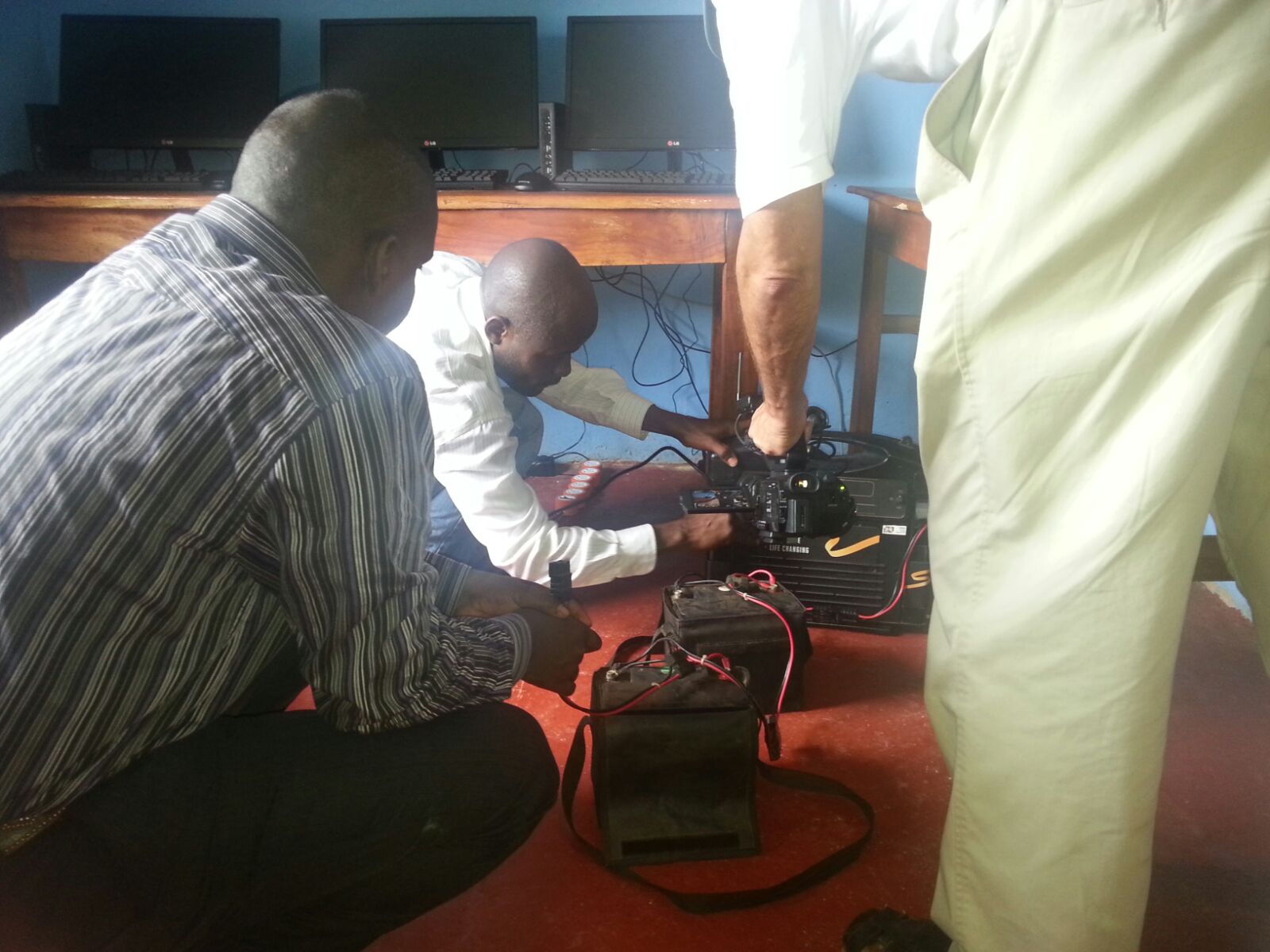
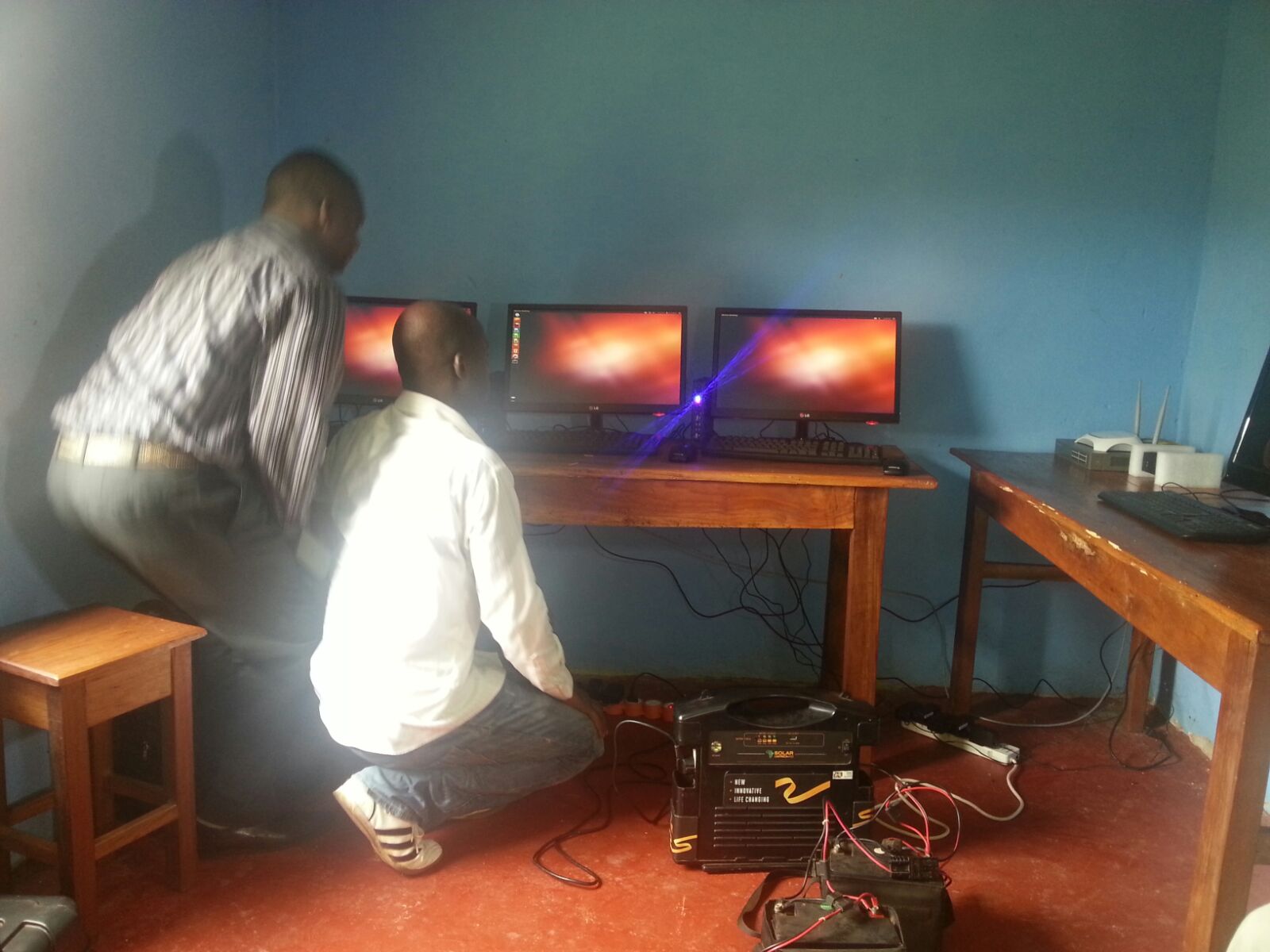
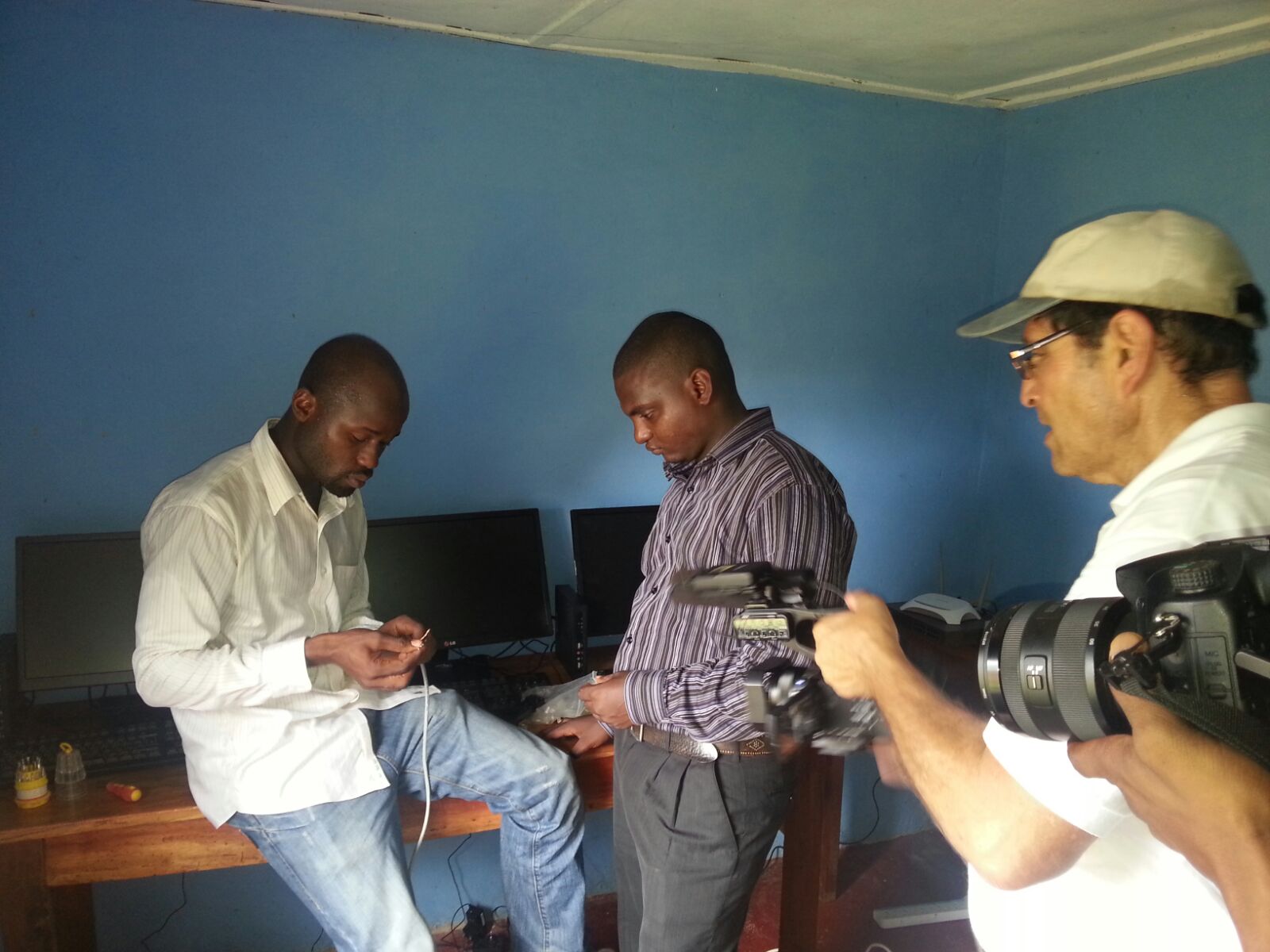


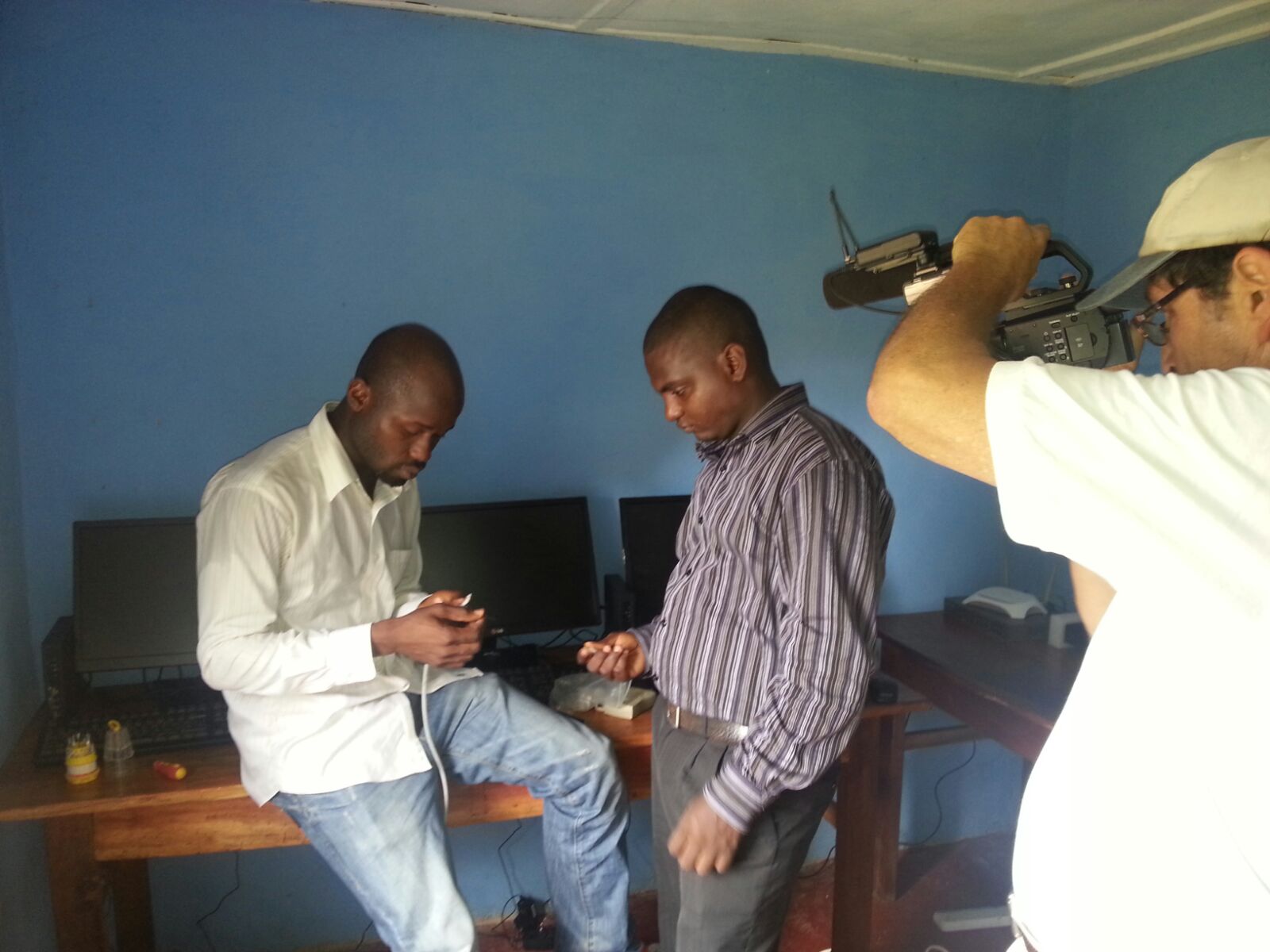



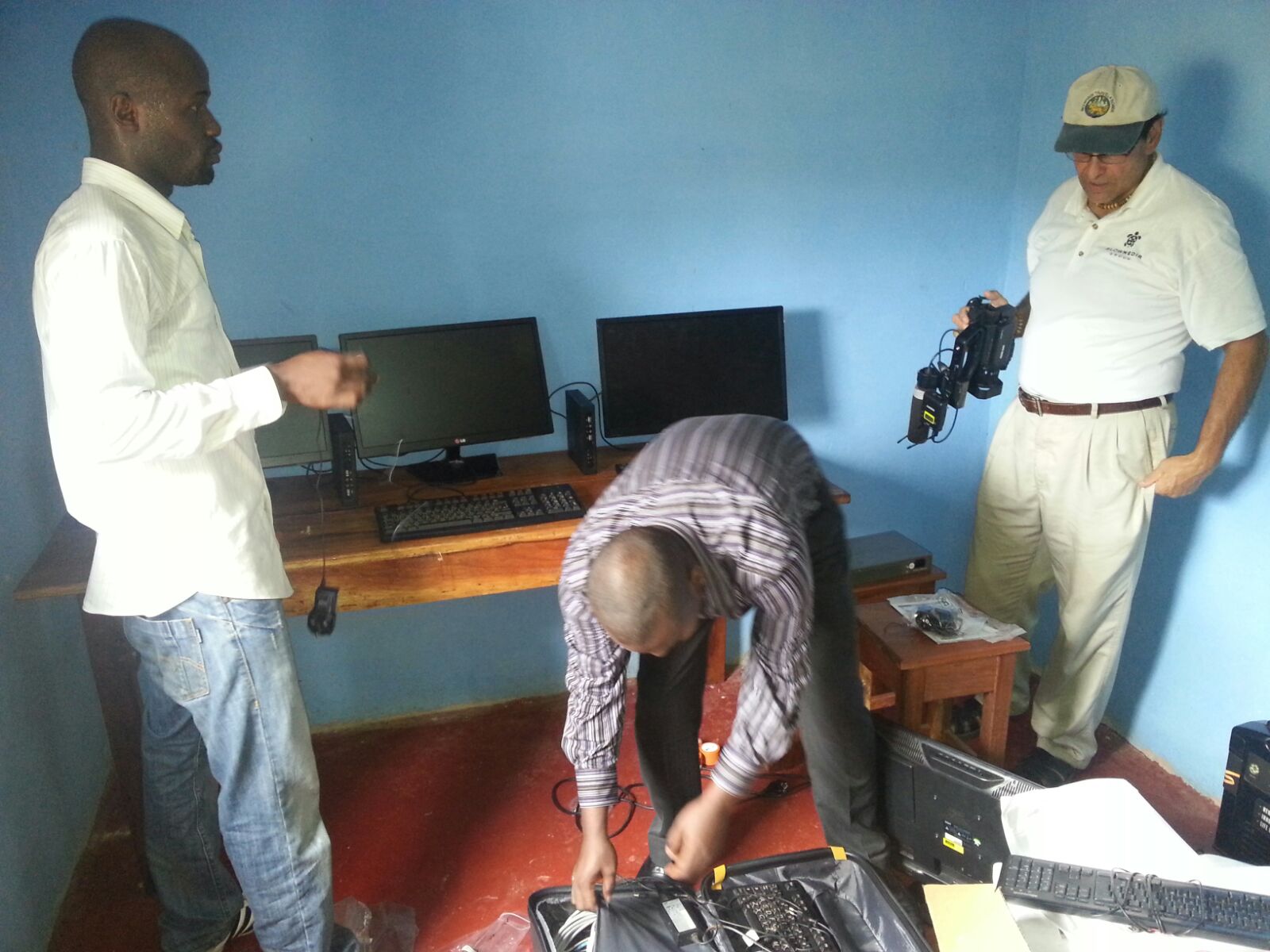
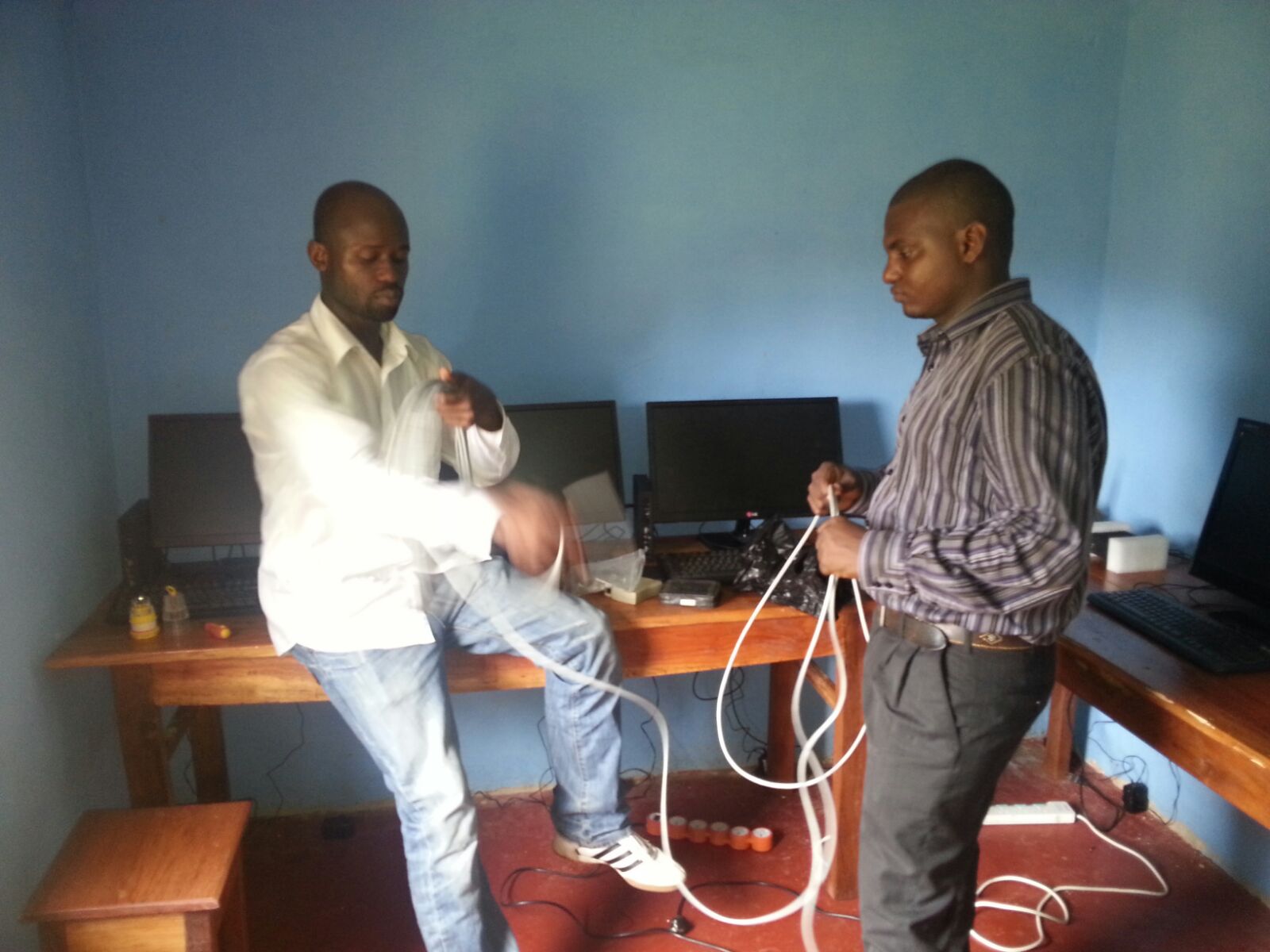
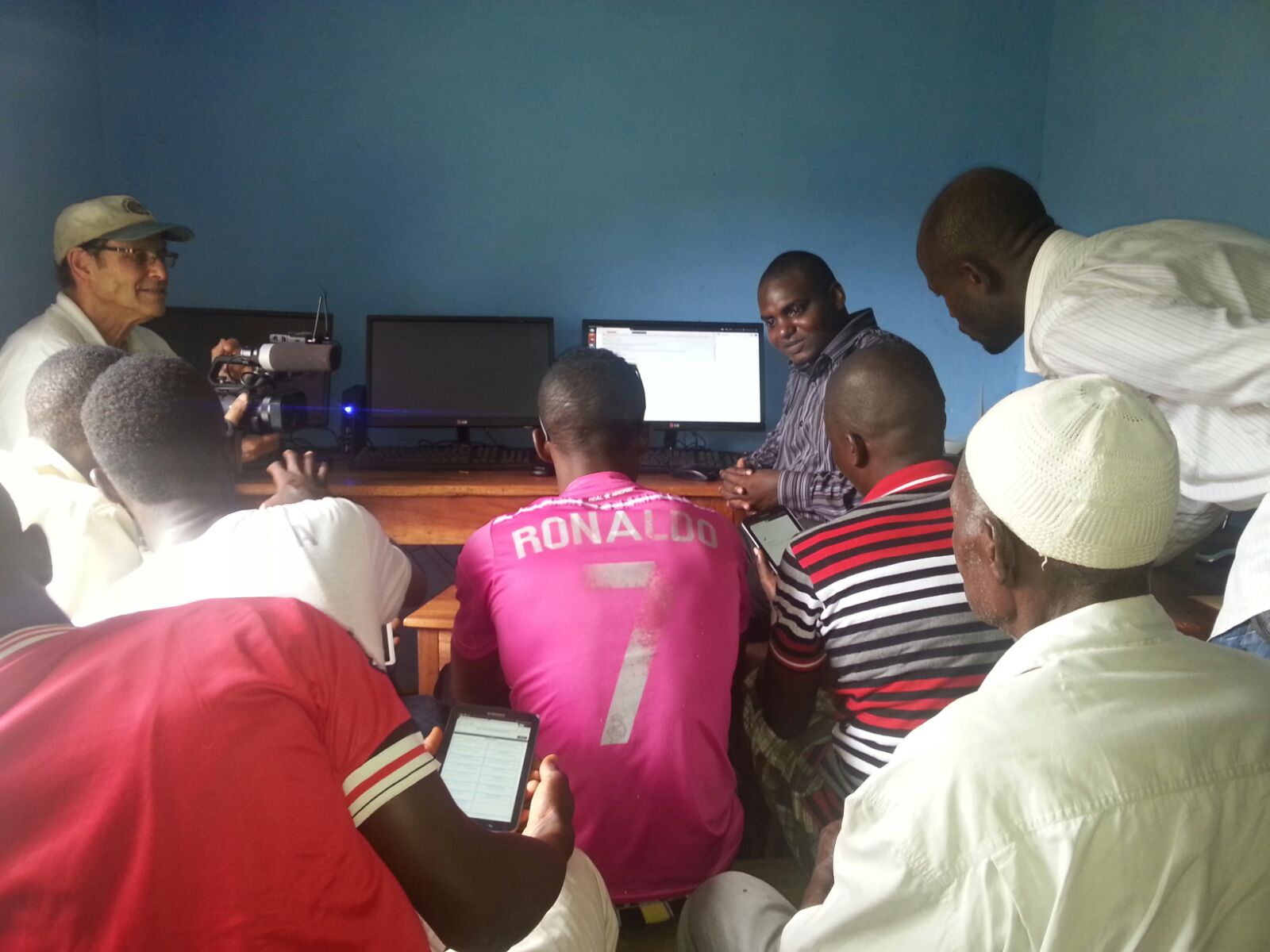
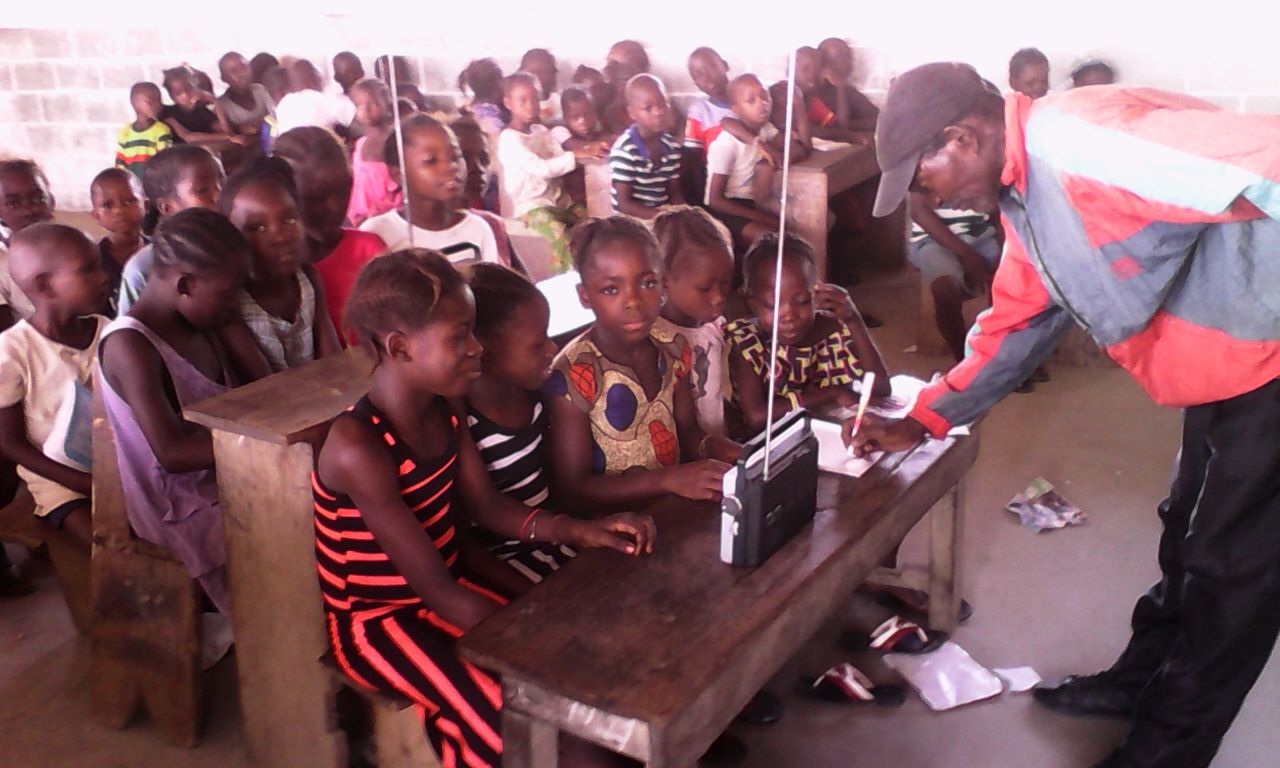 The
The 